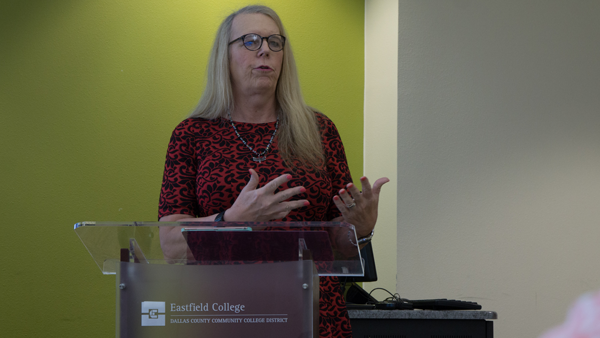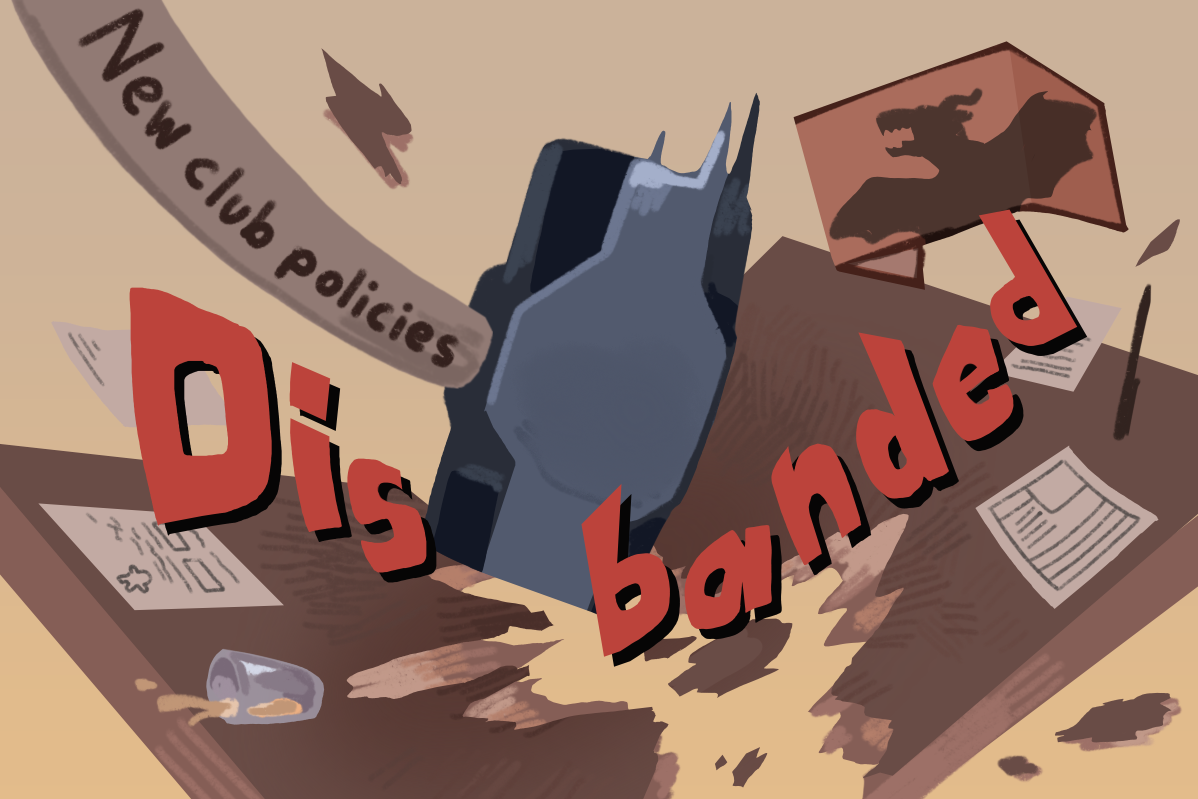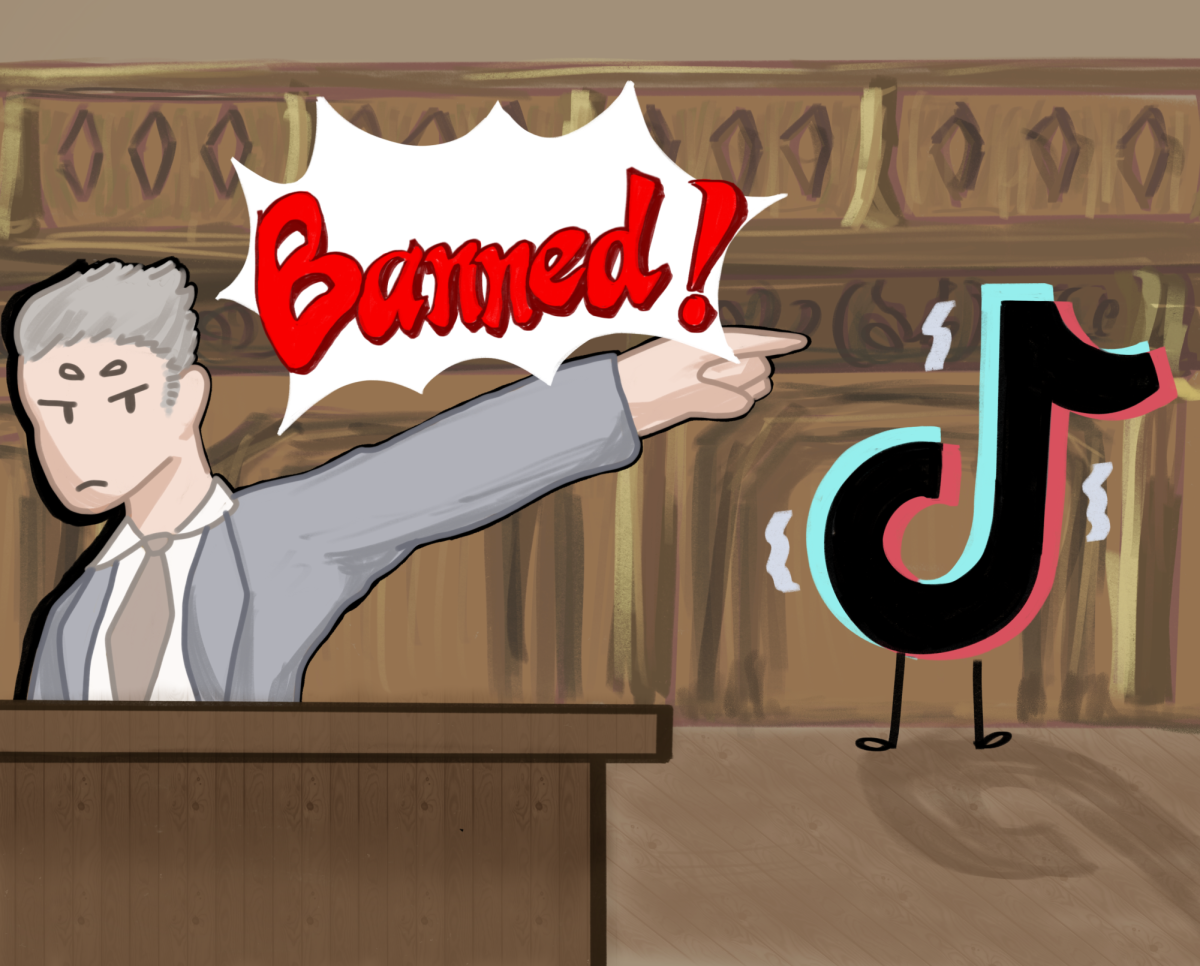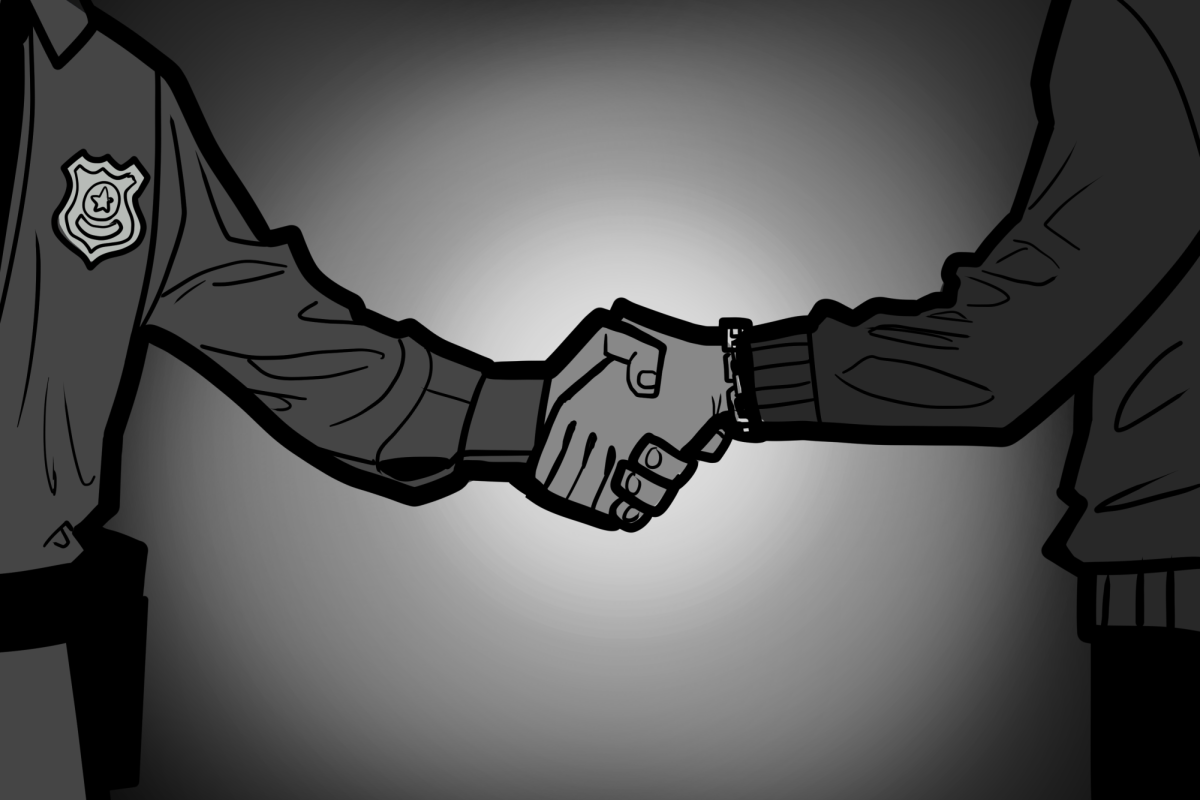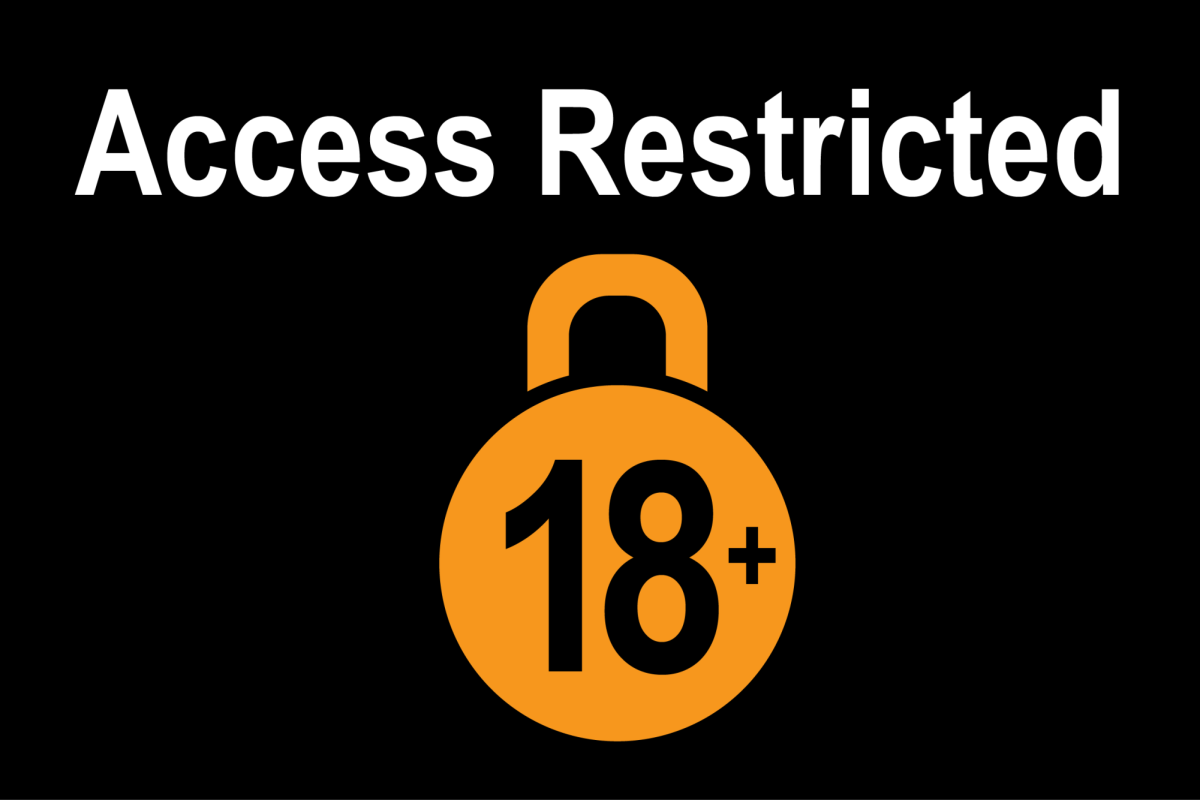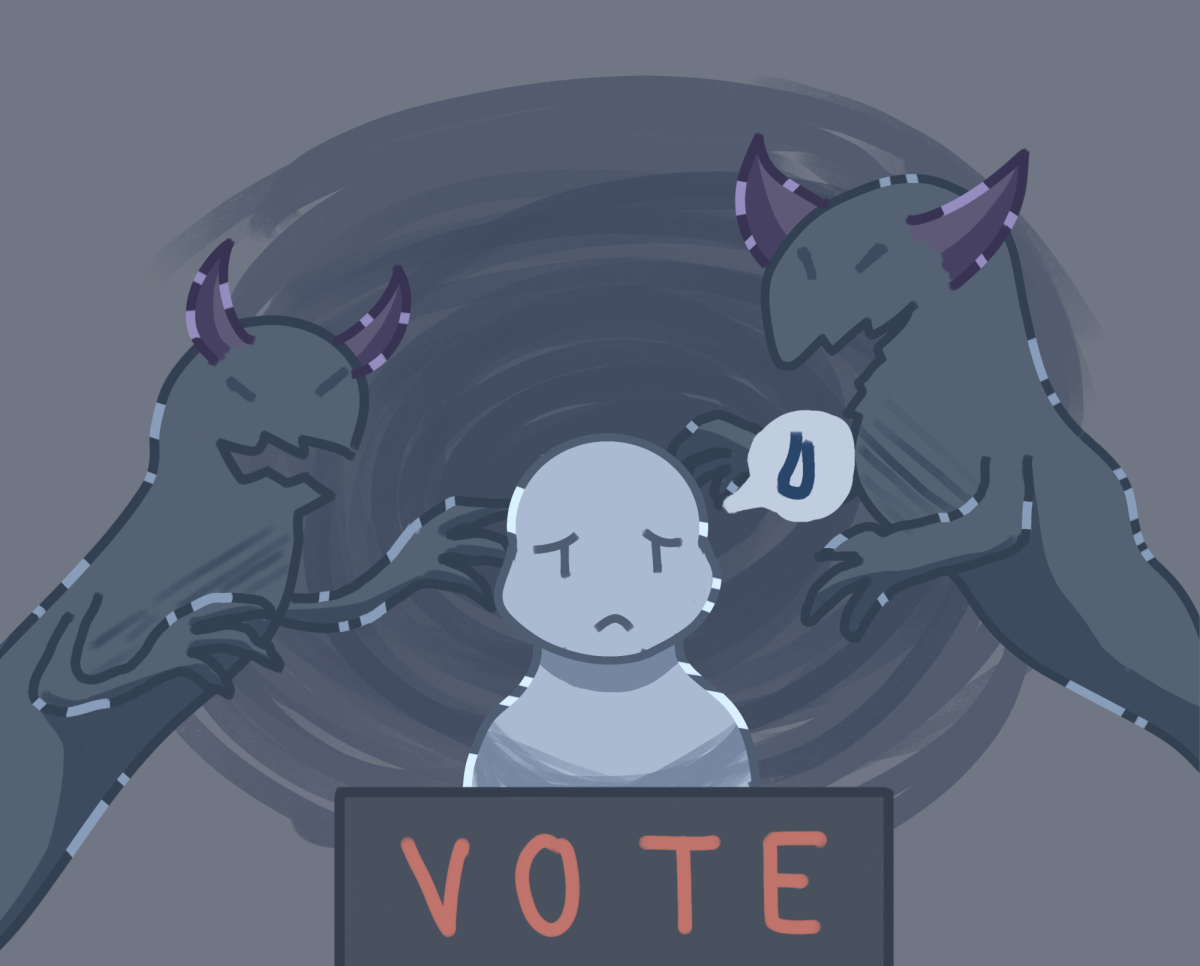
By JOSUE HERNANDEZ
@TheEtCetera
Tears flow uncontrollably from Leslie McMurray’s face, as she sits defeated on the ground at her house. Feeling unsafe and full of panic, Leslie finally has lost all hope. Leaning back against a gun-safe she holds a fully loaded .45 caliber handgun. The safety is off.
According to The Trevor Project, 40 percent of transgender adults reported having attempted suicide. LGBT youth are five times as likely to have attempted suicide compared to heterosexual youth.
Resource Center’s representatives Rafael McDonnell and McMurray spoke March 26 on mental health, substance abuse and current political issues facing LGBT community members. McMurray, who is the insurance assistance coordinator at the Resource Center, shared her personal experience as a transgender individual.
“I came very, very close to ending it,” she said. “I didn’t think there was any reason to live anymore.”
McMurray felt “hidden” throughout her life. She began hormone therapy in 2013 and began the transition from male to female. Having worked for CBS as a radio host for over 30 years, she earned her way up to a six-figure income, a 4,500 square foot home and a very comfortable life.
But she was willing to give it all up to finally be who she says she had always been.
McMurray’s life was turned upside down after initially announcing her transition. She recalls a period of about 90 days.
“I lost a 33-year marriage,” she said. “I lost that really nice, safe house. I lost a job that I dearly loved.”
And I learned very quickly that I also lost a career, because I was pretty much un-hireable.”
This sudden life change and the unwelcoming societal behavior toward transgender people all led McMurray to that day, gun in hand.
McMurray now spends her time raising awareness, and is an avid advocate of LGBT rights. Since that day she has not come close to those dark thoughts again.
“I don’t have a lot of money… but at least I have me,” she said. “I feel good about myself.”
There are 89 school districts within the Dallas-Fort Worth metroplex. Only five have any kind of LGBT affirmative or comprehensive anti-bullying policies, McDonnell said.
“It is important to feel safe at school,” said Lauren Anderson, the activities coordinator at Eastfield.
“Set expectations in that homophobic and transphobic behavior or words are not going to be something that you will idly let stand,” McDonnell said.
Stacy Bailey, a teacher at Charlotte Anderson Elementary School in Arlington, was placed under administrative paid leave.
Mansfield Independent School District says parents made complaints regarding her speaking to their children about her sexual orientation.
According to the district’s statement Bailey was suspended because she “insists that it is her right and that it is age appropriate for her to have ongoing discussions with elementary-aged students about her own sexual orientation.”
Fully transitioning genders is not an expense every transgender person can easily afford.
Typically a gender reassignment transformation can range anywhere from $20,000 to more than $100,000.
Depending on the case, a patient can take multiple years before they are ready to move on to the surgery. After the hormone treatment, most doctors require patients to have a certain amount of therapy time, as the surgery is irreversible.
McMurray is thankful she had the money to fully complete the change, although she had to dip into her retirement account.
The current political and social climate for the LGBT community does not allow for a comfortable or equal life.
“There is really no safe place to be outside the home,” she said
The federal protection of Title VII under the Civil Rights Act does not extend to her community.
There is no housing or job protection. McMurray feels that all these conditions do not allow the LGBT community to be part of “polite society.”
“The single biggest thing you can do is vote,” McMurray said. “Thinking that your vote doesn’t matter just allows other people to speak for you. Don’t do that.”
She added that advocates of the LGBT community should be vocal in local government, as well as being involved in their schools and communities. Most importantly allies can be a “gentle listening ear.”
“We really by and large just want to blend in,” McMurray said. “We don’t want anything special, we just want to assimilate and be who we are.”



